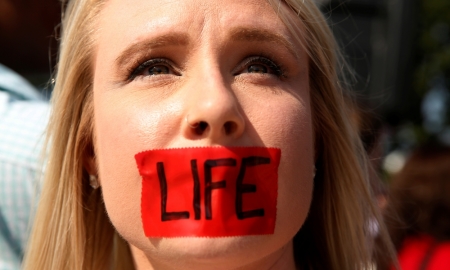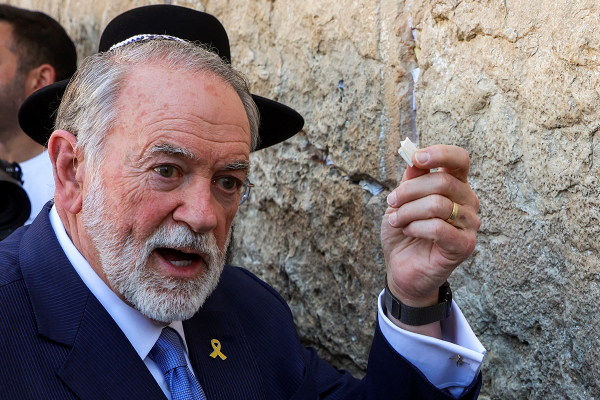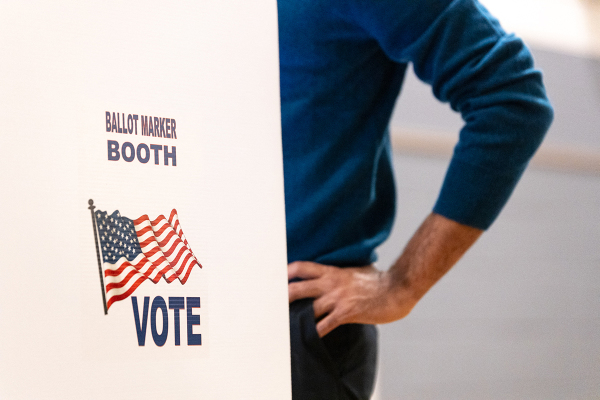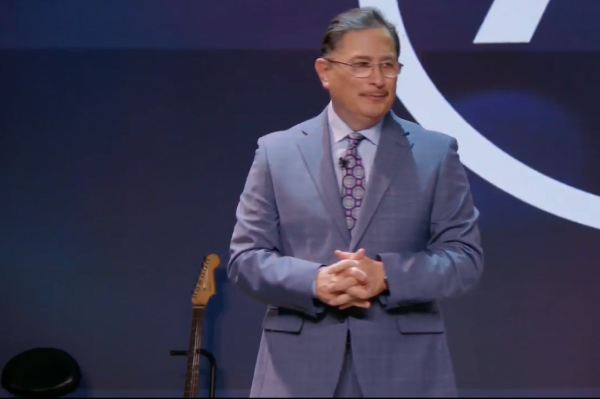6 out of 10 Americans reject idea that 'human life is sacred,' survey finds

Around six in 10 Americans do not believe that human life is inherently “sacred,” though more than two-thirds believe human beings are “basically good,” new data suggests.
The recently launched Cultural Research Center at Arizona Christian University released a report on Tuesday examining how Americans value human life.
Data for the report came from a survey conducted in January of 2,000 adult respondents in the United States, 1,000 of whom were contacted by telephone and 1,000 reached by online questionnaires. The data has a margin of error of 2 percentage points.
Among respondents, only 39% said they agreed with the statement: “human life is sacred.”
The word “sacred” is defined by the researchers as “having unconditional, intrinsic worth.”
Many respondents who identified as religious were more likely than the total sample to believe that human life is sacred. For example, 60% of evangelical and born-again Christian respondents agreed that life is sacred.
Among other respondent groups, 46% of Pentecostals, 45% of mainline Protestants, and 43% of Roman Catholics agreed that human life is sacred.
Meanwhile, 12% of respondents said they believe people are only “material substance – biological machines.” Another 12% said that believe humans are “part of the mind of the universe.”
While most did not believe life was sacred, 69% of respondents concluded that people were “basically good.”
The researchers argue that seeing humans as just “basically good” runs “counter to the foundational biblical teaching that human beings are created by God and made in His image but are fallen and in need of redemption.”
CRC Director of Research George Barna, who founded the Barna Group, said in a statement that the view of mankind being “basically good” is negatively influencing current debates over law enforcement and systemic racism.
“A movement to defund police departments might make sense if people are innately good. People with a humanistic worldview argue that crime and violence happen because of poverty, bad parenting, systemic discrimination, and other external forces,” stated Barna.
“Yet crime statistics, political tensions, tendencies toward anger and hatred, and America’s moral deterioration and confusion suggest that we are neither innately good nor that emotional responses to empirical challenges will solve the problems.”
Barna went on to argue that one “cannot change the hearts of people by outlawing racism.”
“You will not create peace by passing laws and forcing compliance,” Barna contended.
“Every society can benefit from specific systemic changes, present-day America included. But any systemic changes designed to transform the culture will be short-lived and of limited impact unless the hearts and minds of the people who populate that system are transformed first.”
CRC’s latest report was the seventh installment of its American Worldview Inventory 2020. Findings have been released every two weeks beginning in March.
The first installment of the report series suggests that only 6% of Americans adhere to a biblical worldview.
The survey asked 51 worldview questions and examined what people believe and how they conduct their lives.
The researchers concluded that about one-fifth of those who attend evangelical Protestant churches, one-sixth of those who attend charismatic or Pentecostal churches (16%), 8% of those who attend mainline Protestant churches and 1% of those who attend Catholic churches espouse biblical worldviews.





















